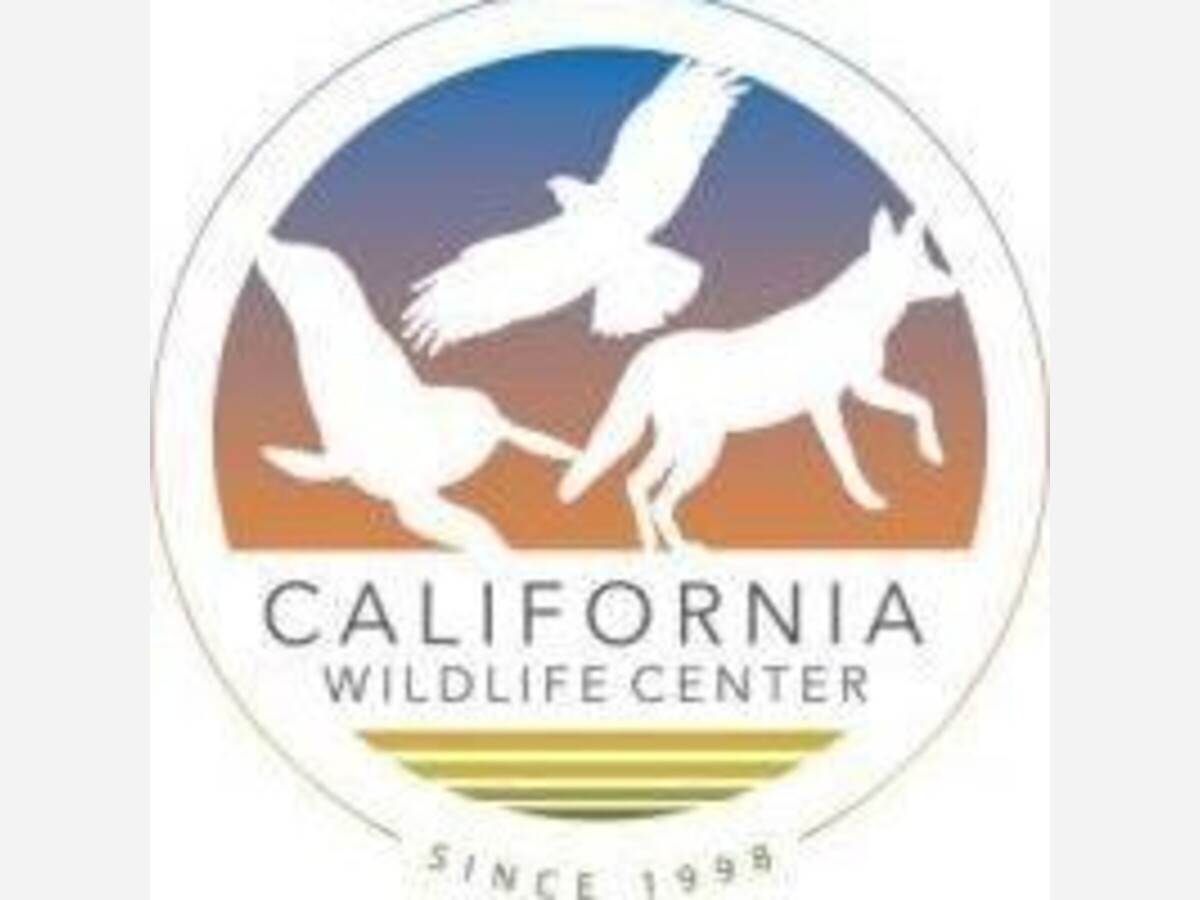California Wildlife Center takes responsibility for the protection of native wildlife through rehabilitation, education, and conservation. It is dedicated to the rescue and rehabilitation of native California species, who otherwise would be left to suffer from the effects of human encroachment, habitat destruction and environmental damage.
It is illegal to possess wildlife unless you have a permit or are a licensed wildlife rehabilitator.
Almost all native and migratory birds, mammals and reptiles are protected by specific state and federal laws put in place to protect wildlife and ensure that wild animals receive appropriate, adequate, species-specific care when they are sick, injured or orphaned.
The ultimate goal of wildlife rehabilitation is to release an animal back to the wild: Any lesser goal is a disservice to the patients we serve here at California Wildlife Center.
MEDICAL EMERGENCY
If you have found a wild animal that appears to be sick, injured, abandoned or in danger, please call our emergency hotline number.
310.458.WILD [9453]!
Animal Emergency Information – You can also determine what to do by finding information on the specific species by clicking Medical Emergency - California Wildlife Center | California Wildlife Center or for the most common or expected click on the names below:
- Bat
- Under no circumstances should you handle a bat
- Keep pets and children away
- Call South Bay Wildlife Rehab at (310) 365-5656 for rehabilitation or your local animal control agency in cases of emergency.
- Deer
-
- Hawk & Owl
- Injured/Sick Adult Raptors
- Get a box and line it with a large towel or newspaper on the bottom. Make air holes.
- Throw a towel over the raptor’s face and body
- Turn the box on its side next to the bird.
- Using a broom or large stick, gently push the bird/towel combo into the box.
- Gently turn the box upright
- Seal the box. Place it in a quiet, dark location (for example, a bathroom) until you reach hospital staff
- Do not offer any food or water
- Opossum - It is a federal offense to keep opossums as pets in California.
- Sick/Injured Adult Opossums
- Get a box and line it with a large towel on the bottom. Make air holes.
- Throw a towel over the opossum’s face and body.
- Wearing leather gloves, pick up the opossum by the body and place them into the box.
- Seal the box. Place it in a quiet, dark location (for example, a bathroom) until you reach CWC staff.
- Do not offer any food or water.
WILDLIFE HOTLINE: (310)458-9453 http://www.cawildlife.org
FAQ - California Wildlife Center | California Wildlife Center
More News from Calabasas

